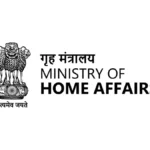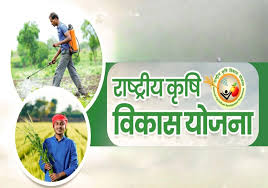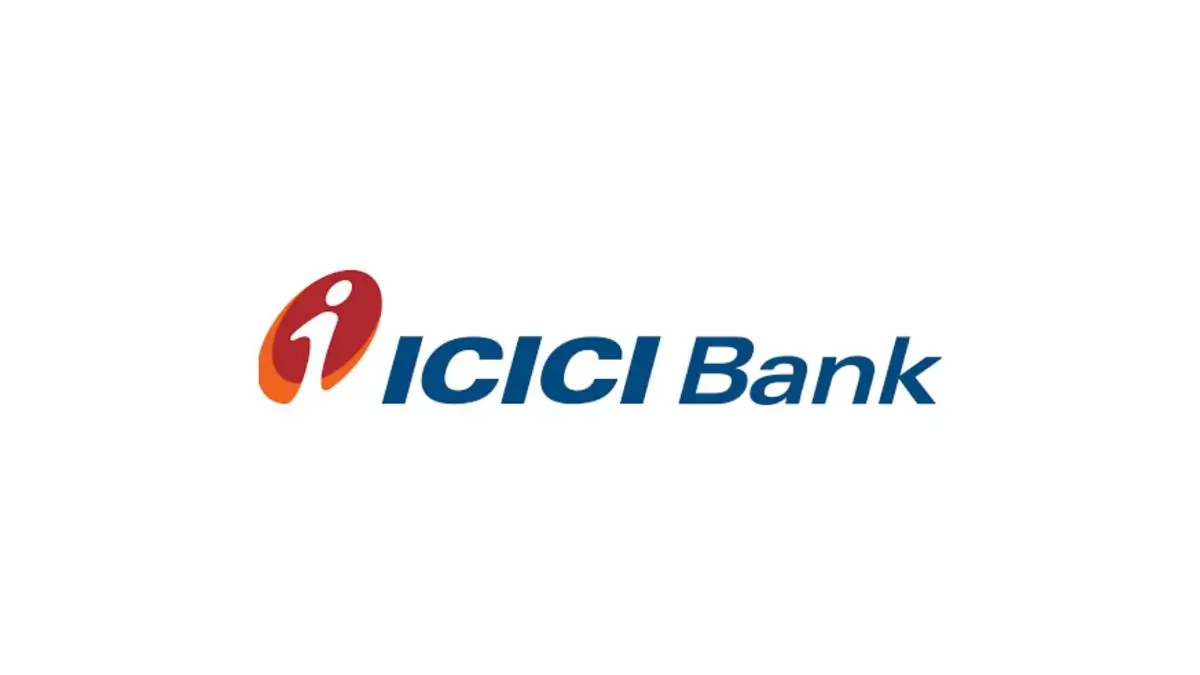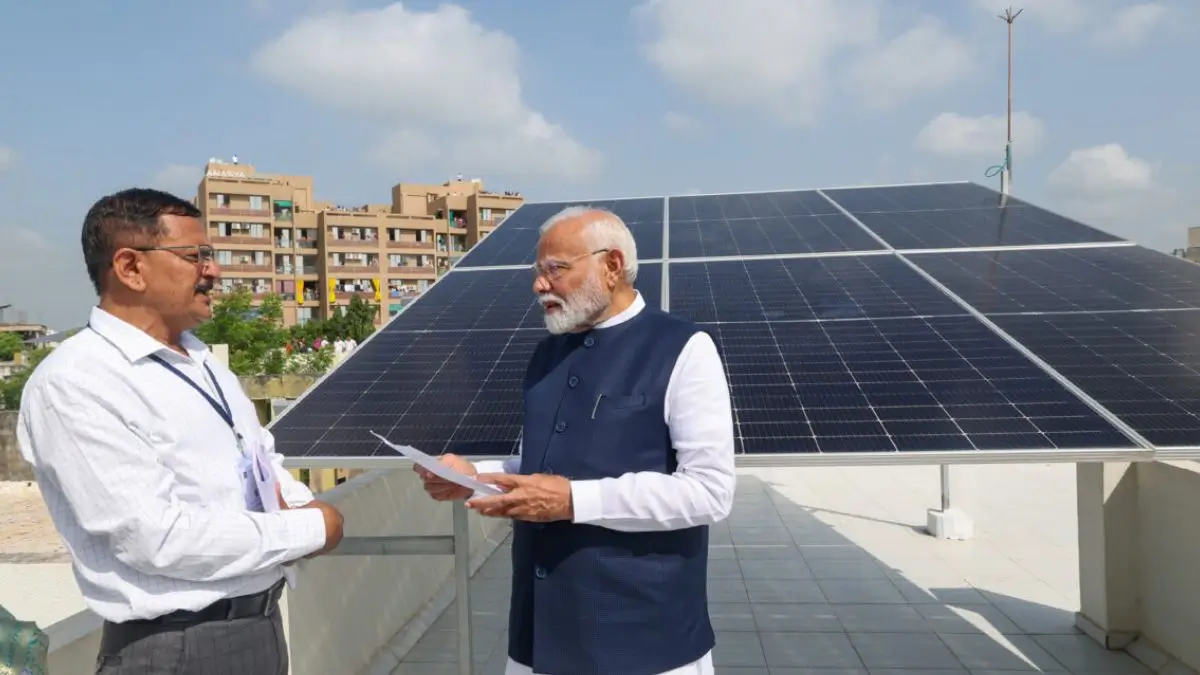Cabinet Approves PM-RKVY and Krishonnati Yojana for Sustainable Agriculture
Introduction to the Schemes
In a significant move to bolster sustainable agriculture in India, the Cabinet has approved the Prime Minister’s Rashtriya Krishi Vikas Yojana (PM-RKVY) and the Krishonnati Yojana. These initiatives aim to promote agricultural development while ensuring environmental sustainability. The schemes will provide essential financial support to farmers, improve agricultural productivity, and enhance the overall livelihood of rural communities across the nation.
Objectives of the PM-RKVY
The PM-RKVY aims to ensure holistic growth in the agriculture sector by focusing on various key aspects. One of the primary objectives is to incentivize states to increase their investment in agriculture. By doing so, the government aims to enhance productivity through better resource management, improved technology adoption, and efficient input usage. The program encourages states to formulate their own agriculture development plans, which align with local needs and conditions.
Key Features of the Krishonnati Yojana
The Krishonnati Yojana encompasses several initiatives that target different areas of agriculture. This includes the promotion of innovative farming techniques, enhancement of soil health, and effective water management practices. The scheme also emphasizes the importance of integrated farming systems, which aim to maximize productivity while minimizing environmental impact. Additionally, the government will provide training and capacity-building programs to equip farmers with the necessary skills to adopt these sustainable practices.
Financial Implications
The Cabinet’s approval of these schemes comes with a substantial financial allocation. The government has earmarked significant funds to ensure the effective implementation of these programs. This financial support will cover various aspects, including the development of agricultural infrastructure, provision of quality seeds and fertilizers, and subsidies for adopting modern farming techniques. By enhancing the financial resources available to farmers, the government aims to boost their confidence and encourage them to invest in sustainable practices.
Conclusion: A Step Towards Sustainable Agriculture
The approval of the PM-RKVY and Krishonnati Yojana represents a critical step towards achieving sustainable agriculture in India. By focusing on innovative practices and encouraging state-level planning, these schemes aim to enhance productivity and ensure the long-term viability of the agriculture sector. The government’s commitment to supporting farmers through these initiatives is expected to lead to improved livelihoods and a more resilient agricultural ecosystem.
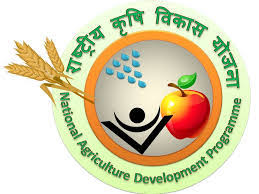
Why This News is Important
Boosting Agricultural Productivity
The approval of the PM-RKVY and Krishonnati Yojana is crucial for boosting agricultural productivity in India. With agriculture being a significant contributor to the country’s economy, enhancing productivity will help ensure food security and improve the livelihoods of millions of farmers.
Environmental Sustainability
These schemes emphasize sustainable farming practices, which are essential in the face of climate change and environmental degradation. By promoting eco-friendly methods, the government aims to reduce the ecological footprint of agriculture while ensuring long-term sustainability.
Supporting Farmers
The financial support and resources provided under these schemes are designed to empower farmers. By giving them access to modern technology, training, and infrastructure, the government is working to improve the overall quality of life in rural areas.
Encouraging State Involvement
The focus on state-specific agricultural development plans encourages local governments to take ownership of agricultural initiatives. This decentralized approach ensures that the needs of local farmers are met effectively, leading to more tailored and impactful solutions.
Long-term Agricultural Growth
The PM-RKVY and Krishonnati Yojana lay the groundwork for long-term growth in the agricultural sector. By investing in infrastructure, research, and development, these initiatives will contribute to the sustainable growth of agriculture in India.
Historical Context
Background of Agricultural Initiatives
Agriculture has been the backbone of India’s economy, employing a significant portion of the population. Historically, various government initiatives have aimed to enhance agricultural productivity and ensure food security. The introduction of the Green Revolution in the 1960s marked a turning point, bringing about significant changes in agricultural practices through the use of high-yielding varieties and chemical fertilizers. However, this led to increased environmental concerns and unsustainable practices.
In recent years, the government has recognized the need for a more sustainable approach to agriculture. Programs like the National Agricultural Policy and the Pradhan Mantri Fasal Bima Yojana have been introduced to address these issues. The approval of the PM-RKVY and Krishonnati Yojana is a continuation of this trend, focusing on sustainability and innovation to ensure a resilient agricultural sector.
Key Takeaways from Cabinet Approves PM-RKVY and Krishonnati Yojana
| Serial Number | Key Takeaway |
|---|---|
| 1 | The Cabinet approved the PM-RKVY and Krishonnati Yojana for sustainable agriculture. |
| 2 | PM-RKVY aims to increase state investment in agriculture and improve productivity. |
| 3 | Krishonnati Yojana promotes innovative farming practices and soil health management. |
| 4 | Significant financial allocation has been made to support these initiatives. |
| 5 | The schemes encourage decentralized planning to address local agricultural needs. |
Important FAQs for Students from this News
1. What is the PM-RKVY?
Answer: The Prime Minister’s Rashtriya Krishi Vikas Yojana (PM-RKVY) is an initiative aimed at promoting holistic growth in the agriculture sector by encouraging states to invest more in agriculture and enhancing productivity through better resource management and technology adoption.
2. What are the main objectives of the Krishonnati Yojana?
Answer: The Krishonnati Yojana focuses on promoting innovative farming techniques, enhancing soil health, effective water management practices, and integrated farming systems to maximize productivity while minimizing environmental impact.
3. How will these schemes benefit farmers?
Answer: The PM-RKVY and Krishonnati Yojana will provide financial support, training, and access to modern farming technologies, thereby improving the livelihoods of farmers and encouraging the adoption of sustainable practices.
4. What is the significance of these initiatives for India’s agriculture sector?
Answer: These initiatives aim to enhance agricultural productivity, promote environmental sustainability, and empower farmers, ultimately contributing to food security and long-term agricultural growth in India.
5. How does the government plan to fund these programs?
Answer: The government has allocated significant financial resources to support the implementation of the PM-RKVY and Krishonnati Yojana, covering various aspects like agricultural infrastructure, quality seeds, fertilizers, and subsidies for modern farming techniques.
Some Important Current Affairs Links











